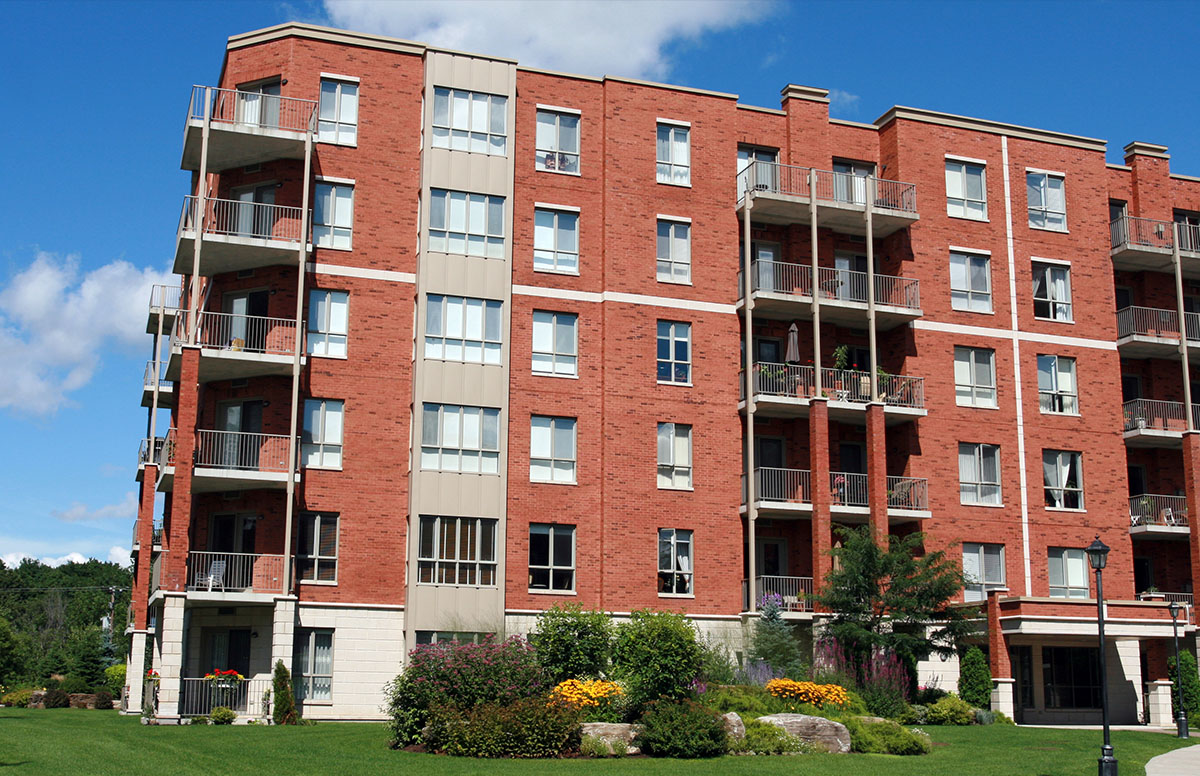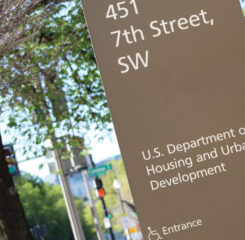According to a January 25 report from the Joint Center for Housing Studies (JCHS) at Harvard University, America’s Rental Housing 2024, a record number of 22.4 million renter households spent more than 30% of their incomes for housing—and 12.1 million renter households spent more than 50%—for rent in 2022. The report does not dissect rent burden by age groups.
Researchers found that rent increases are outpacing income gains, forcing more of a household’s income to go toward rent and leaving less and less for other expenses. Renter households with annual incomes less than $30,000 who are housing cost burdened, as the vast majority are, have a median monthly residual income of just $170 after rent is paid.
The report also addresses the inadequacy of the existing housing safety net, especially in times of crisis. “Because rental assistance programs are not an entitlement, they only serve one in four income-eligible households. Their reach has been further constrained by insufficient budget outlays in the face of growing need. Though the number of very low-income renter households grew by 4.4 million between 2001 and 2021, the number of assisted households in this income range increased by just 910,000,” the report says.
A discussion between JCHS managing director Chris Herbert and White House Domestic Policy Council director Neera Tanden on January 25 emphasized the end of COVID-era affordable housing support resources and policies are having a deep impact.
“We need to be building for affordability in the rental market,” Tanden said. Decreasing homelessness is a solvable problem by creating more affordable housing and providing service supports people might need and we will see significant investments in the President’s budget, she added, referring to the forthcoming release of President Biden’s requests for fiscal year 2025 funding expected in February or early March.
“We cannot have economic security without housing security,” said Tanden.
LeadingAge is very appreciative for the new data, which we will use in our advocacy to preserve and expand the supply of affordable housing.

 Shutdown Week Three: Impact of Ongoing Closure on Affordable Housing
Shutdown Week Three: Impact of Ongoing Closure on Affordable Housing HUD Streamlines Section 202 PRAC Budget Approvals
HUD Streamlines Section 202 PRAC Budget Approvals


